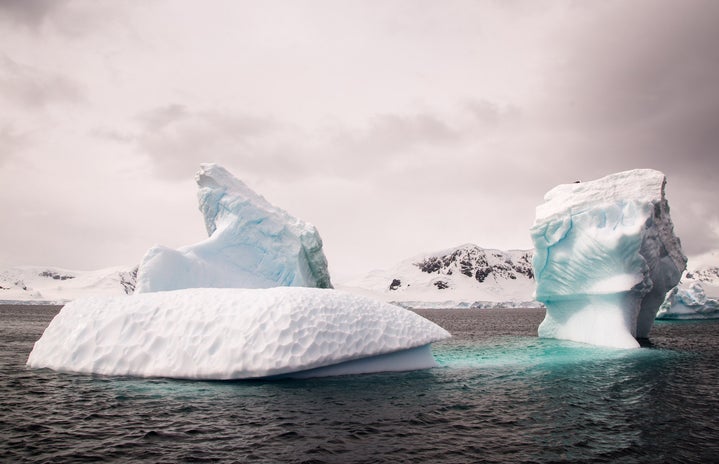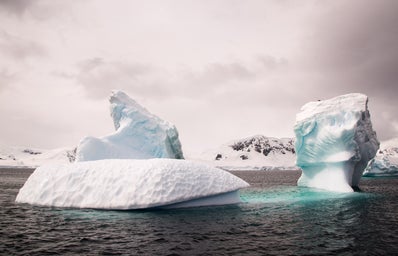2020 has the potential to be a huge year in addressing the environmental damage we have imposed on our planet. From the UN Ocean Conference to the Convention on Biological Diversity meeting, 2020 promises a few key opportunities for governments, private sector and activists to come together to try and tackle environmental issues. Finding ways for these three sectors to interact is essential to address sustainability issues because they are not confined by national borders and tackling them requires huge amounts of funding.
One such example of an attempt to forge inter-sectional goals in order to tackle environmental issues in 2020 is WWF’s New Deal for Nature and People. WWF is a world-leading non-governmental organization that works to preserve our natural planet. This ‘Deal’ is WWF’s manifesto for the new ways to treat our planet. It was announced at the World Economic Forum 2019 by Sir David Attenborough.
The New Deal suggests new ways for us to both understand and tackle environmental damage. It is valuable for us to read in order to re-frame the way we think about sustainability and to show us how we can try save our planet.
Some of the most interesting takeaways from the Deal include:
- It presents the damage being done to our environment as a relationship between planet and people
Understanding the symbiotic relationship between human activity and environmental damage is important and constructive as it forces us to take responsibility for our actions. Framing the ongoing destruction of the planet as a direct result of human activities in this way therefore prompts us all to think about how we can change our habits.
-
It highlights the moral responsibility that we humans have to protect and preserve our planet
In this way, it reminds us all of our duty to look after the world we inhabit, because we share it with other species who are less capable than we are at protecting our planet
-
It puts forward an economic argument for sustainability
Not only does the Deal present us with a moral responsibility to our planet, but it also effectively and emphatically highlights the economic argument for why we need to change the way we treat our planet. This is one of the reasons why they chose to announce the Deal at the World Economic Forum. WWF’s ‘New Deal’ demonstrates why we need to preserve our planet better in order to continue living on it – because we rely on our natural resources in order to live, eat, drink and breathe.
-
It is concerned with a myriad of environmental issues, not just climate change
One of WWF’s core beliefs is that environmental problems of our age are broader than just climate change. They maintain that many disastrous environmental issues have emerged as a direct result of human activity, from species extinction to over-utilization of natural resources and cutting and burning trees. WWF are great advocates of broadening the debate around ‘climate change’ to become one around general human-caused environmental issues, because they are all inter-linked and all deeply problematic in paving the way towards our environmental destruction.
To take a look at the sheer scope of the issues that WWF’s ‘New Deal for Nature and People’ is trying to raise awareness of, watch this short video.
- It demonstrates that environmental damage negatively impacts peoples’ culture all around the world
Not only does environmental degradation affect our physical landscape, but it also harms societies and cultures all over the world. Millions of indigenous people living in various communities all over the world depend on their local natural environment to enhance their culture and/or provide them with their livelihood. Particularly in poorer and more rural regions, these small disparate communities are hard-hit by environmental degradation, from deforestation to flooding and natural disasters.
2020 seems set to be the advent of new measures towards sustainability for our planet. Organisations like WWF are leading the charge in encouraging activists, governments and international bodies such as businesses and charities to work together to tackle environmental damage once and for all. If you’re interested in finding out more about WWF’s work, or understanding more about how you can get involved, see the full brochure for the New Deal for Nature and People here.
This article is part of HC Bristol’s Sustainability themed week.



